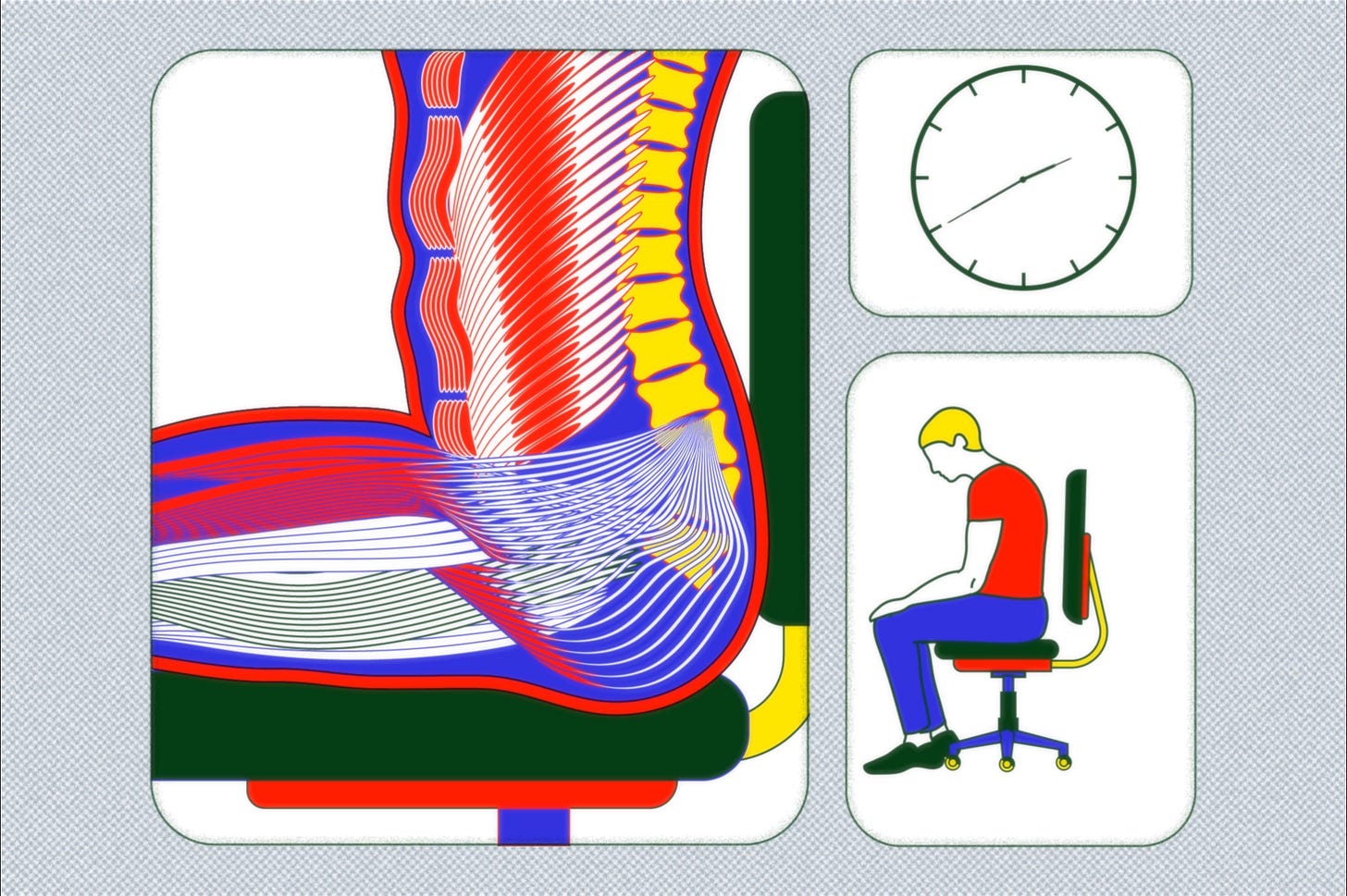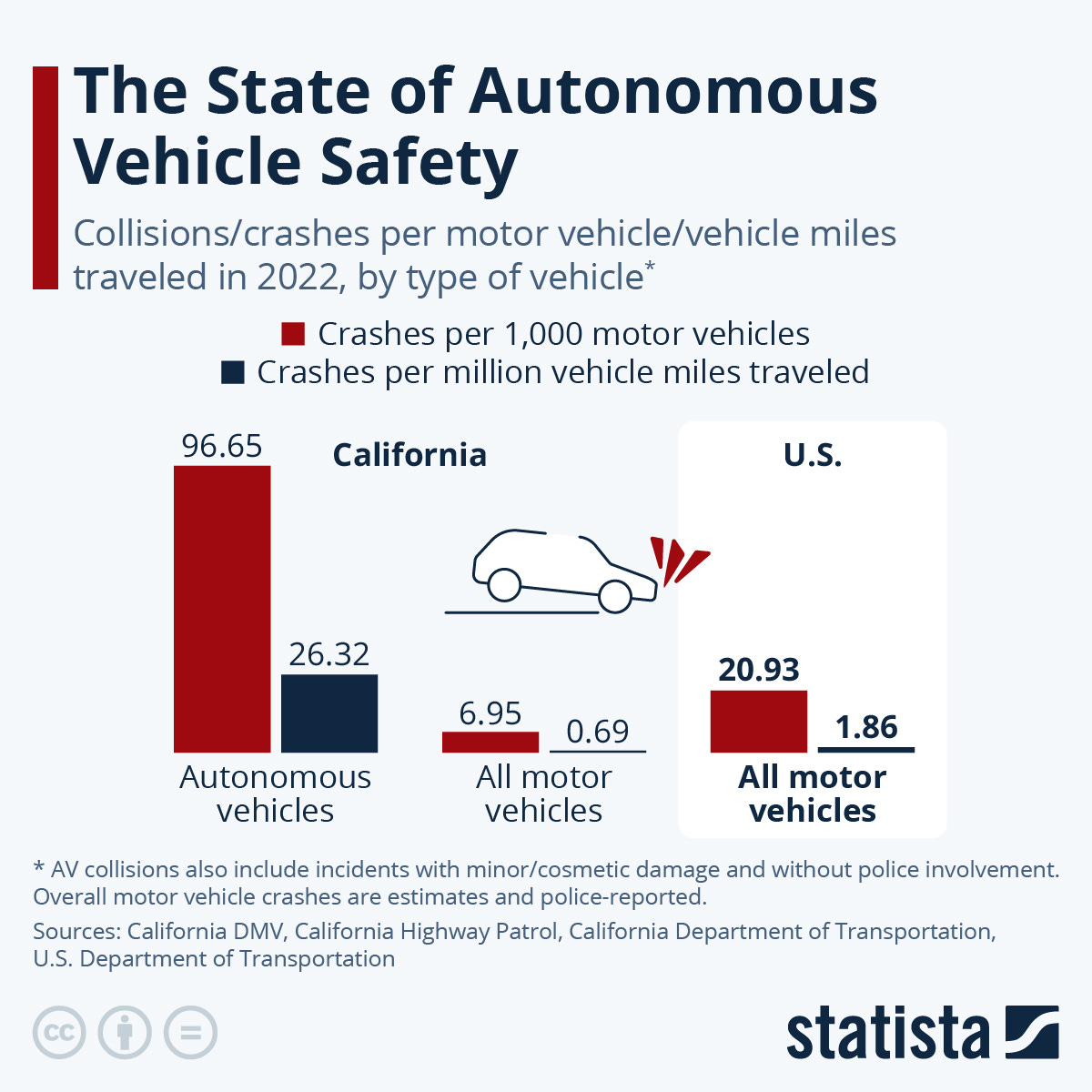Growing up in Philadelphia, Sundays always were a race to the front door between me and my dad. Whoever got up first would grab The Sunday Inquirer. Before I was 9, it didn’t matter. Dad wanted the Sports. I wanted the “funnies,” and Mom, well, Mom just wanted the coupons to clip. But once I turned 9, my dad’s love of sports had left an indelible mark on me, so the Sunday morning newspaper race became a battle over the Sports section.
For those who know me, you know too well that I started my career in pro sports at age 14. Those same reporters who I read and followed would be the ones I pitched stories to and became friends with, seeing them and talking with them in the Press Box, Press Room, and locker room of The Philadelphia Wings games at The Spectrum and elsewhere, and then for many more years to come.
By age 10, Dad decided The New York Times Sunday Edition would be a welcome addition. Of course, Dad would grab a copy from the nearby pharmacy, often on his way home with bagels and lox. And when he got home, the section war started all over again. My secret to winning was to go with Dad to the deli to get the bagels and lox. Of course, the paper would end up in my lap on the ride home.
Reading the Sunday New York Times from age ten onward was a right of passage. Now I was getting a world view of the news. The slogan that stands to this day, “All the News That's Fit to Print,” left an indelible mark on me, as later in life, my college path and a stint as the Philadelphia Journal’s Executive Copy Boy and cub reporter/sports writer at age 18 took me down the road of Journalism, eventually leading to the degree I earned years later at Temple University. There, thanks to the help of Dr. James Marra and Professor Jim Shea, whose advice and friendship gave me a pathway to tomorrow.
So now that I’m back publishing “The Comunicano,” the Sunday edition will be more like the Sunday papers some of us grew up reading: a potpourri of content and news, a mix of features and actualities, and the occasional slice of life, or trip down memory lane from my alleged mind….
So, with that, on with the news…of the world….
Andy Abramson
Identity Watch
Sounds Like Mission Impossible—Amazon's new palm-scanning technology and the TSA's facial recognition program raise privacy concerns while promising convenience. Amazon One allows users to pay with a palm scan, while the TSA is expanding facial recognition for airport security. These systems aim to streamline transactions and identification, but they also collect biometric data, raising questions about data storage, sharing, and security. Consumers must weigh the benefits of faster service against potential risks to personal privacy.
AI Watch
Is It Real or Is It....-AI influencers, like virtual star Lil Miquela, are becoming increasingly popular, blurring the lines between human and artificial personalities. These digital personas are built using AI and are managed by companies to engage with audiences on social media, promote products, and influence trends. While they offer brands a new way to reach consumers, concerns over authenticity and transparency arise as they interact with real users, sparking debates about the future of advertising and digital identity.
One From Column A(i)—China's latest AI app is drawing comparisons to Tony Stark's JARVIS, which has sparked excitement about bringing advanced AI assistants into everyday life. The app offers users powerful voice interaction capabilities, smart home controls, and personalized assistance. This development is part of a broader trend in China's tech landscape, where companies are pushing boundaries in AI technology to create intelligent personal assistants that could potentially rival those in science fiction.
Telegram Watch
Above the Law—A New York Times account cites the increasing use of Telegram by criminal organizations and terrorist groups. The platform, known for its strong encryption and anonymity features, has become a haven for illicit activities, including drug trafficking, cybercrime, and extremist propaganda. Due to Telegram's privacy policies and resistance to cooperation with law enforcement, authorities struggle to monitor and regulate these activities. This raises concerns about the balance between privacy and security.
Retail Watch
Store Wars—When it comes to retail, Amazon is expanding and empire-building its grocery delivery services beyond its Whole Foods brand by partnering with regional grocery chains like Metropolitan Market and Weis Markets. The moves broadened Amazon's e-commerce presence in the grocery sector, allowing it to reach more customers in various metropolitan areas. The partnerships aim to provide faster delivery options and a more comprehensive selection of products, positioning Amazon as a stronger competitor in the grocery delivery market.
Panic Relief—A new law in New York requires retail stores to provide workers with panic buttons to improve safety against rising violent crime. This legislation aims to protect employees in high-risk environments, allowing them to notify authorities quickly during emergencies. The move comes amid growing concerns over retail worker safety in the face of increasing theft and physical threats. It reflects broader efforts to enhance security measures across the retail sector.
Health Watch
Get Off Your Ass—"Dead Butt Syndrome" or gluteal amnesia occurs when the gluteal muscles weaken or "forget" how to function due to prolonged sitting or inactivity. This can lead to discomfort, imbalance, or pain in the hips, back, or knees. Incorporating exercises like squats, lunges, and stretches into daily routines can help reactivate and strengthen these muscles to prevent or manage this condition. It's essential to counteract long periods of sitting by staying active and maintaining good posture.
It’s A Matter of Time—Why does time seem to move slower for children compared to adults? A BBC article delves into the psychological and neurological factors, including how a child's brain processes information and experiences more vividly and with greater novelty. As adults, familiar routines make time appear to pass more quickly. The article highlights the impact of perception, memory, and the density of experiences on our subjective sense of time.
Social Watch
Watching Shorter Getting Longer—A new report highlights key video content trends for 2024, emphasizing the increasing demand for short-form videos, immersive experiences, and authentic storytelling. Platforms like TikTok, Instagram Reels, and YouTube Shorts are expected to remain dominant, while interactive and shoppable videos will continue to rise in popularity. Brands are advised to focus on personalization, user engagement, and aligning content with evolving viewer preferences to stay competitive.
Security Watch
London Stalling—Transport for London (TfL) experienced significant service disruptions due to a cyberattack that started earlier in the week. Outages are expected to continue through the weekend. The attack affected critical systems, including online services and passenger information displays. Authorities are investigating the breach, which has caused widespread inconvenience for commuters. TfL is working to restore services while ensuring that the systems are secure before they go back online.
Movie Watch
“The Union,” starring Mark Wahlberg and Halle Berry, follows Mikey, a seemingly ordinary man unexpectedly pulled into the dangerous world of espionage. After a chance encounter with his high school sweetheart, Roxanne, he finds himself thrust into a mission to retrieve a stolen list of US spies.
AV Watch
Bring Back The Crash Test Dummies—Autonomous driving continues progressing, but fully autonomous vehicles (AVs) aren't yet ready for mass adoption. In 2022, California reported 150 AV collisions from 1,552 AVs covering 5.7 million miles. While AVs show higher crash rates (96.7 per 1,000 vehicles and 26.3 per million miles) compared to all vehicles in California (7.0 and 0.7, respectively), most incidents were minor and often caused by other drivers. AV manufacturers face stricter reporting standards, while traditional vehicle crash data relies on police reports, likely underestimating total collisions, making AV safety appear disproportionate.
App Watch
Yesterday, I announced the debut of The Comunicano App Review, a Saturday feature where I’m sharing apps that I’m using or that you need to know about. One of the apps I reviewed was Hedy. While the Saturday edition is a short summary of apps for you to consider, I will add a complete review of some of the apps during the week so you can get more insight. Today, we’ll look deeper at Hedy.
Hedy is a revolutionary meeting assistant designed to enhance users' performance in business conversations, lectures, and important discussions. This AI-powered tool provides real-time, customized insights and recommendations to help users excel in their interactions. Back when I was in college, this app was an app I would have used nonstop. Unlike traditional note-taking tools, Hedy actively listens to conversations and delivers tailored insights, prompts, and recommendations to ensure users are always well-prepared and focused.
Key Features:
- Real-Time Insights: Hedy provides instant suggestions, helping users ask critical questions or propose solutions on the fly.
Transcription & Summaries: Meeting transcripts, key points, and action items are automatically generated, making follow-ups easier.
- Multilingual Support: Responds in multiple languages including English, Spanish, French, German, and Mandarin.
Benefits:
Hedy is particularly beneficial for professionals who juggle back-to-back meetings and need an edge in real-time decision-making. Its simple interface and comprehensive insights ensure users remain proactive and organized.
Plus, the addition of Hedy Cloud Sync allows seamless cross-device functionality, making it ideal for remote work environments. Hedy is a highly recommended tool for those looking to improve their communication skills and excel in their interactions. Most of all, Hedy lets you be more engaged and actively participate in the conversation during the meeting, prompting you to ask not just “a question” but the right question.
Use Cases:
Business Meetings: Provides instant, contextual insights to help you sound sharper and more prepared.
2. Classes and Lectures: Captures real-time key points so students can focus on learning rather than taking notes.
3. Remote Work: Offers a competitive advantage by summarizing action items, even in virtual settings.
Recommendation: Hedy AI is ideal for professionals, students, and anyone looking to improve their communication skills and performance in meetings and classes. Its versatility and real-time assistance make it a valuable tool for a wide range of users.
Pricing:
Hedy is available on iOS, with plans starting at $9.99 per month for unlimited meetings. An Android version is in development.
For more information, visit Hedy’s website.










Great reflections